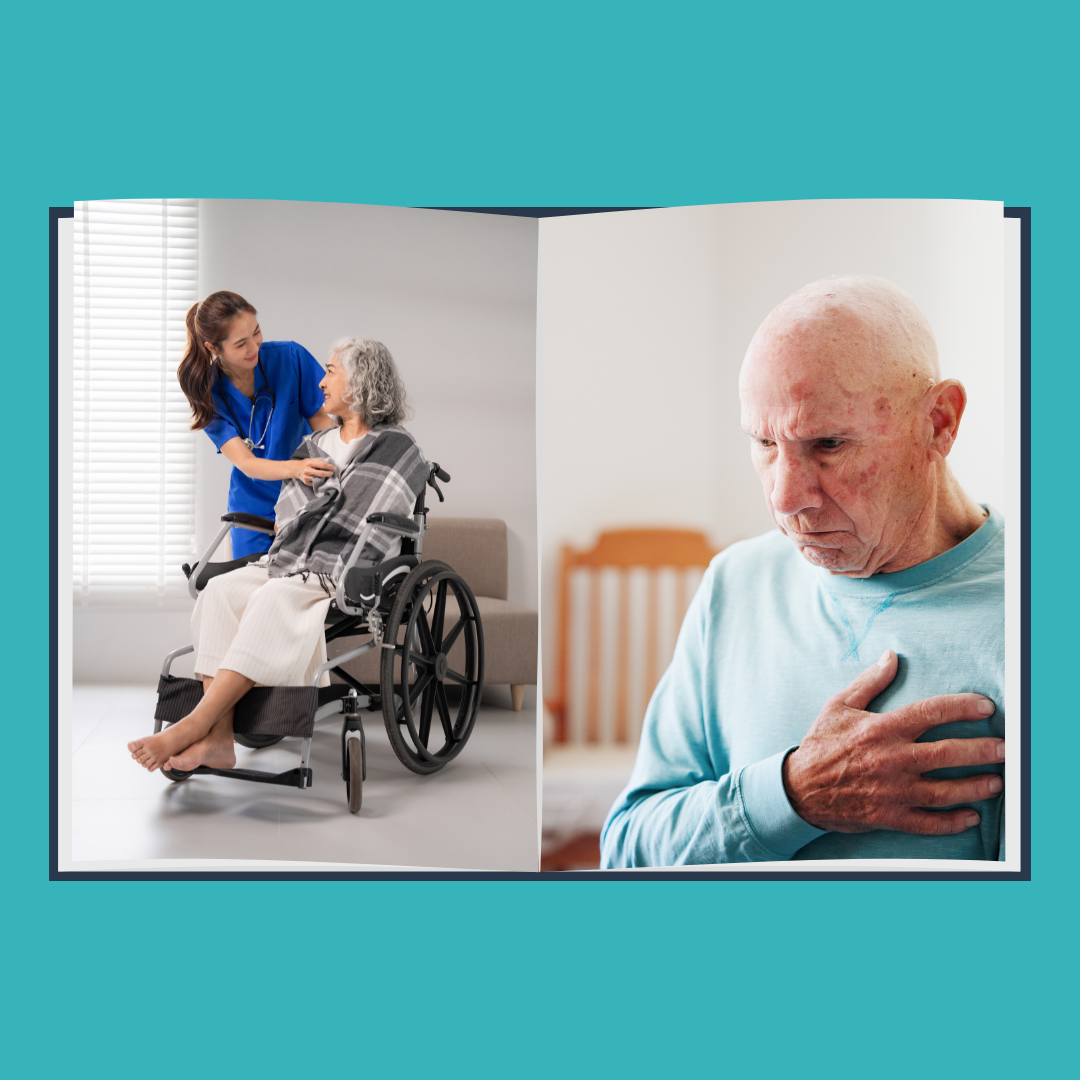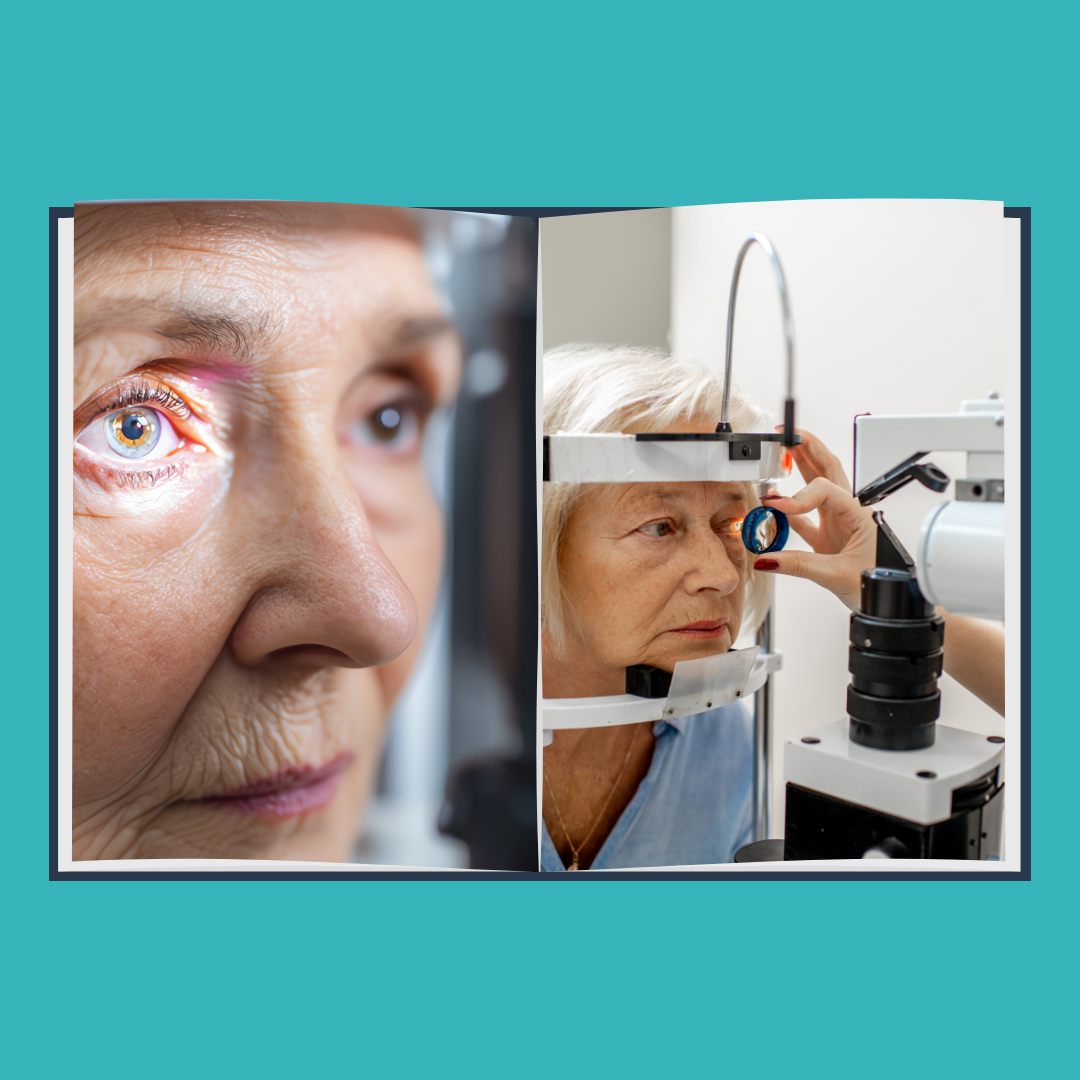New Paragraph
Navigating Safety Concerns for Seniors Living Alone:
The Vital Role of In-Home Care Companions
Introduction:
As our loved ones age, the safety concerns surrounding independent living become increasingly significant. Seniors living alone may face various challenges that compromise their well-being and security. In this article, we explore the safety issues seniors encounter and shed light on the invaluable role of in-home caregivers as companions in ensuring a secure and fulfilling life for older adults.
Safety Issues for Seniors Living Alone:
- Fall Risks:
- Living alone increases the risk of falls, a leading cause of injuries among seniors. Factors such as decreased mobility, balance issues, and environmental hazards contribute to this concern.
- Medication Management:
- Seniors may struggle with adhering to medication schedules, leading to potential health complications. The absence of a reminder system or assistance can put their well-being at risk.
- Isolation and Loneliness:
- Social isolation and loneliness are prevalent among seniors living alone. This not only affects mental health but also creates vulnerability as there may be no one readily available in case of emergencies.
- Home Safety Concerns:
- Seniors may encounter difficulties in maintaining their homes, including tasks like cleaning, organizing, and handling minor repairs. This can impact their living conditions and overall safety.
The Role of In-Home Care Companions:
- Companionship and Social Interaction:
- In-home caregivers provide more than just physical assistance; they offer companionship and engage seniors in meaningful social interactions, combating feelings of isolation and loneliness.
- Fall Prevention Strategies:
- Caregivers are trained to identify and address fall risks, implementing preventive measures within the home environment. This includes removing tripping hazards and encouraging safe mobility.
- Medication Management Support:
- In-home caregivers play a vital role in ensuring seniors adhere to their medication schedules. They provide reminders, assistance with pill organization, and can communicate with healthcare professionals to manage medications effectively.
- Home Safety Assessments and Assistance:
- Caregivers conduct thorough home safety assessments, identifying potential risks, and implementing necessary modifications. They assist with daily tasks, ensuring a clean and organized living space.
Conclusion:
Seniors living alone deserve to age with dignity, security, and companionship. In-home caregivers serve as dedicated companions, addressing safety concerns and promoting a higher quality of life for older adults. By recognizing the unique challenges seniors face and embracing the support of in-home care, we empower them to maintain independence while ensuring their safety and well-being.









